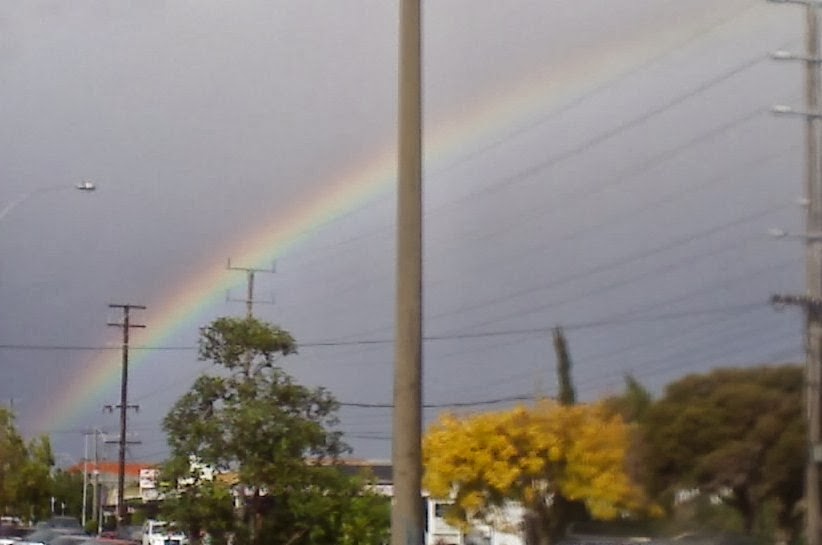Scene One is in a small cottage. A few people are celebrating as a young
couple have just announced they are to have a baby, and he is going to clear a
plot of land that was never used and make a small farm for them, if they have
the blessing of the village, because it is away from the Common and the
Churchland, on the other side of the village, but still belongs to
everyone. People recall going there as
children as a ‘dare’, and others have hunted there occasionally, but no one
ever lived there.
It is a small house, so we hear a lot of people outside who
have come to congratulate the couple and agree to the land clearing. Then along comes the local big wig, whom we
also just hear outside that he too has come to give his blessings and agree to
the land clearing, but then he tells how he heard when a small boy that there
used to be someone living there who put a curse on it, which is what the
children sometimes tell each other, and that is why his family always left it,
because really it is theirs, even though the village thinks it belongs to them,
like their common land in the middle of the village. If this were an Opera, he would come on stage
and sing this as an aria, but the aim here is to have a play with few actors
but many characters.
The lower half of the stage has a black curtain across in
front of it as the only light comes in from the window in the right, and to
start that is little, but then bright lights are brought up to the window so
they shine into the top part of the room.
Perhaps to start the room could be full of light, quickly fading into
night as lamps and candles are lit on the floor, and the curtains could be
lowered from above, and then when the lamps are raised and put up on shelves,
the curtains could drop to the lower half of the stage, and then the setting
sun could shine in the window, on the happy celebration till the sun sets and
all is dark. Then, in come children, who
we hear but do not see as they are in the dark, below the light from the
candles, which are high. They share the
good news and make plans for their studies with the teacher.
He tells of the new age they live in, where they need not
believe old superstitions, and praises their ‘modern times’ and their expanding
knowledge etc. Perhaps a Priest or
someone in the robes of some order with a cowl over their face agrees that ancient
superstitions must be dropped but disagrees over the reason, not a secular
modernism, recently learnt from the rediscovered Ancient Greeks, but faith in
the beliefs of the Church.
Bright lights come up to the window and then in come
Government Soldiers, who read a proclamation announcing all men between some
ages are conscripted into the Army. The
new, young, father-to-be is grabbed and led away, with barely time for a
parting kiss, being told, ‘you wont need to take anything where you are going.’ We hear others also being arrested outside,
and cries of ‘What about the harvest?’ and ‘My baby!’ And suddenly there are only women on stage
and a boy who is too short for us to see.
The soldier looks down at him and then takes a bugle out of
his bag and holds it up. ‘Do you know
what this is?’ ‘Could you play it?’
There are cries of ‘No!’ But then the soldier holds up a coin and the is tempted.
The soldier says, ‘Put your lips together and put the bugle to your lips. Keep your lips loose but keep the the bugle
tight, and blow.’ He does and is grabbed
and led away, ‘To blow the bugle’. And that is the end of him till the end of
the play.
Suddenly it is quiet again and dark outside. ‘My baby!’
‘No, my baby!’ ‘They are all our
babies!’ ‘Shall we ever see them again?’
‘What about the harvest?’ ‘We won’t need the extra field now.’
‘Ah, that field. It is a good thing we are not disturbing that place, even if
it was only good for scaring children.’ ‘The
curse is real enough.’ ‘This might be a new age but we are foolish to abandon
our old traditions.’ ‘You wouldn’t say these things if the Priest is around.’
